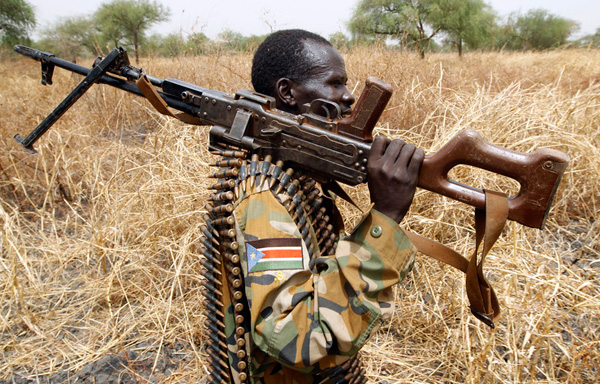Senate Hall, Conference Centre, University of Pretoria
6-7 December 2012
The Centre for Human Rights in collaboration with the Department of Political Sciences, University of Pretoria, will convene an international conference, 6-7 December 2012, under the over–arching theme: ‘Article 4(h) @ 10: How to End Mass Atrocities in Africa.’ The conference is being held in commemoration of the fact that it is now 10 years since the coming into force of the Constitutive Act of the African Union, which ushered in a normative change to the pan-African peace and security agenda, particularly regarding the parameters of sovereignty and intervention for humanitarian ends. At the front and centre of this paradigm shift is Article 4(h) of the Constitutive Act, which allows the African Union to intervene in a member state in the face of war crimes, genocide and crimes against humanity.
What is certain is that, today, situations of serious or massive violations of human rights are not a purely domestic concern and sovereignty can no longer be an absolute shield for repressive governments in such circumstances. However, what is not clear is how to reconcile Article 4(h) with the provisions of the Charter of the United Nations, especially where the African Union exercises military intervention. Although peaceful intervention was successful following the post-electoral violence in Kenya in late 2007 and beginning of 2008, events in Côte d’Ivoire and Libya and ongoing crises such as in the Democratic Republic of the Congo, Darfur in Sudan, Northern Mali and Somalia, have drawn the implementation of Article 4(h) into even sharper focus, and raised probing questions about how legal obligations should be translated into concrete policies that prevent and halt mass atrocities. The right to intervene under Article 4(h) also faces challenges ranging from violations of state sovereignty to questions of national interest and political will and the violations of human rights that often accompany military intervention. Financial and institutional incapacity exacerbates the problems for the African Union to implement Article 4(h) intervention.
The Conference seeks to provide an opportunity for academics, judges, practitioners, policy makers, military personnel, government officials and other commentators to consider legal, procedural and practical challenges in the implementation of Article 4(h). The Conference will provide a forum for important issues to be addressed through evidence-based research and policy debate. Some of the most prominent speakers at the Conference include Justice Richard Goldstone, Professor Jeremy Levitt, Professor Brian Lepard, Professor Ademola Abbas, Dr Jakkie Cilliers, Dr Tim Murithi, Ms. Jane Connors, General Henry Odillo, Major General Fred Mugisha, among others.
The Conference will also facilitate a debate to draw a ‘statement on the role of the African Union in ending mass atrocities in Africa. The overriding aim of the statement or communiqué is to provide guidance on how to prevent and end mass atrocities in Africa on the basis of Article 4(h). The guidelines will also seek to provide context in which the right of intervention under Article 4(h) should be understood within the framework of the African Union.


